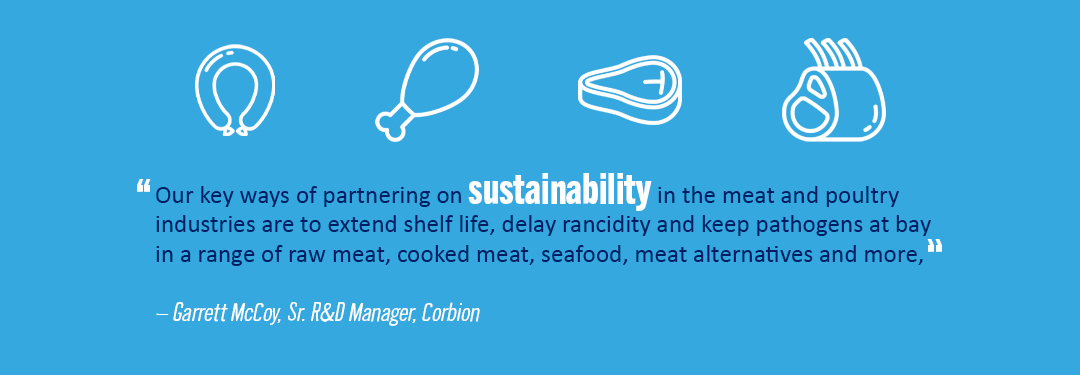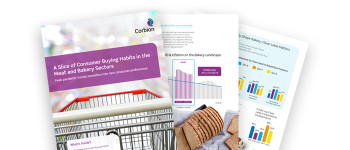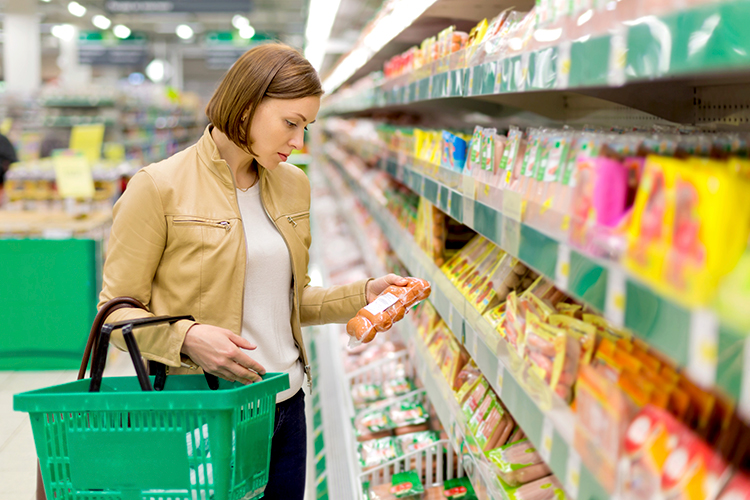The most often cited definition for sustainable development comes from the United Nations World Commission on Environment and Development. It is “development that meets the needs of the present without compromising the ability of future generations to meet their own needs.” It’s the balance between the environment, equity and economy. With as much as one-third of food going to waste, from spoilage to leftovers to breaks in the supply chain, it is paramount that meat and poultry processors do their part to keep high-quality protein affordable, accessible and not going to waste.
Corbion champions sustainability in all its forms: preserving food and food production, health and the planet. For these efforts, in 2020, Corbion received the Platinum Ecovadis Sustainability Rating, putting it in the top one percent in its business sector. This rating assesses four key areas: the environment, labor practices, fair business practices and sustainable procurement.
Corbion builds sustainability into its business model. It has adopted multiple United Nations Sustainable Development Goals (SDG) including SDG #2 Zero Hunger. Reducing food waste throughout the supply chain and in the home is essential to achieving zero hunger throughout the world. It also has a direct impact on carbon dioxide emissions, which feeds into another SDG adopted by Corbion: SDG #12 Responsible Consumption and Production to preserve the planet. The third SDG Corbion has embraced is SDG #3 Good Health and Well-Being to preserve health.

As much remains unknown about COVID-19 variants, it looks as though the supply chain issues — in the front and back ends — are not going anywhere anytime soon. Such supply chain chaos can lead to lost profits and increased waste as businesses scramble to fulfill consumer demand.
Reducing waste and prioritizing sustainability is often an afterthought when exploring ways to improve supply chains and increase profits, but in reality, in times of higher operating costs, like being experienced today, every bit of savings helps businesses remain profitable. Sustainable practices can be a solution to creating more efficient and profitable supply chains. Not only does it allow companies to save thousands of dollars from reduced waste, therefore increasing their bottom lines, but these sustainable practices also attract environmentally conscious consumers and investors, making the company more profitable in the long run.
One way to do this is to leverage technology to ensure that perishables do not go to waste. Preserving food safety, shelf life, texture and nutritional benefits with food ingredient solutions assists in these efforts. For example, more than 20% of the meat and poultry produced annually is lost or wasted. Corbion’s solutions for processed meat extend shelf life and keep food safer from pathogens and spoilage for longer amounts of time, which can help cut waste.
“Reducing global meat and poultry waste by 25% would prevent 170 million tons of carbon dioxide emissions,” said Ashley Robertson, Global Marketing Director, Corbion. “This is the equivalent of taking 33 million cars off the road.”
There are also additional ways to reduce waste, including looking at your vendors’ efforts and your fleets. It is paramount to develop a strong sustainability culture within your workplace. Start with your people.
Corbion takes this seriously. As part of SDG #3 Good Health and Well-Being, the company aims to create a healthy, safe and environmentally friendly workplace.
“We will work safely and without adverse environmental or communal impact, and our open, transparent culture helps us continuously improve safety and environmental performance,” said Marcel Wubbolts, Chief Science and Sustainability Officer, Corbion. “In the same way we set standards for ourselves, we also do for the suppliers of our raw materials. Potential suppliers are rigorously checked to ensure they share and adhere to our core company values and requirements.”
Efforts toward the SDG #12 Responsible Consumption and Production include Corbion partnering with its suppliers to promote sustainable agriculture. While some of these efforts do not directly impact today’s meat and poultry industry, they will make a difference in the ability of future generations to meet their own needs. Efforts include partnerships with organizations such as Field to Market, Roundtable on Sustainable Palm Oil and Bonsucro.
“We know that meaningful change can only be achieved when we work together,” said Wubbolts. “We can collectively stop taking for granted that there will always be ‘more,’ and start finding new ways of operating, ways that do not just ‘take’ but that respect the planet’s natural boundaries. To do this, we can take action now…and put preservation at the heart of everything we do.”


